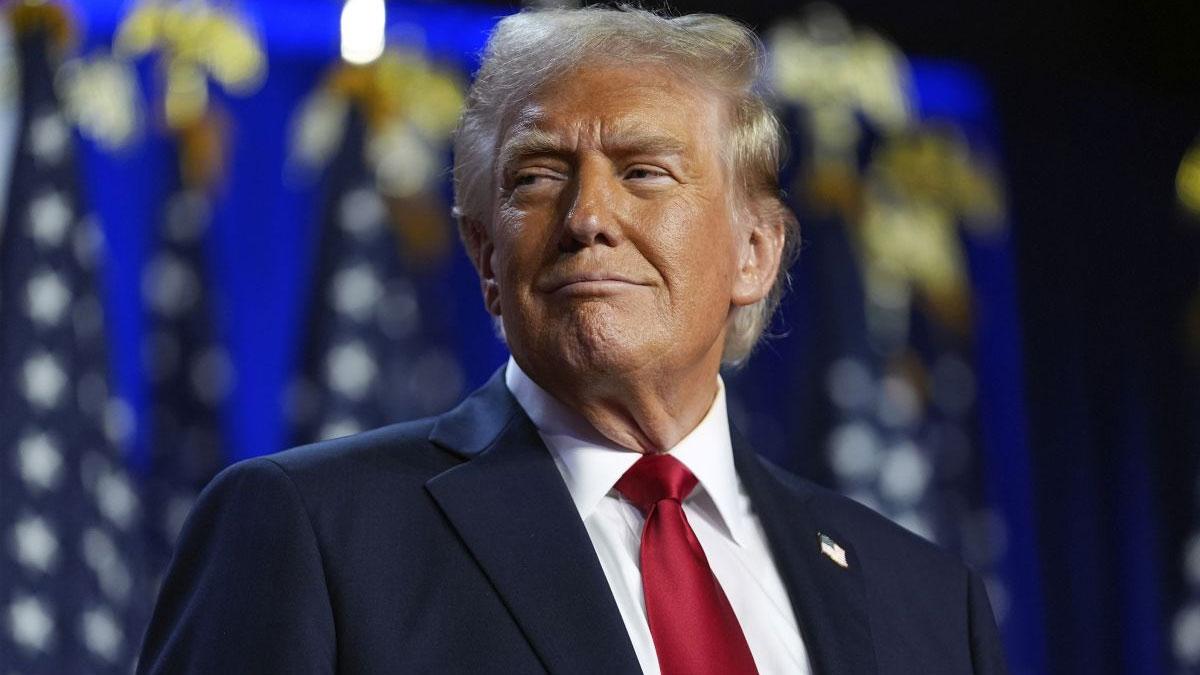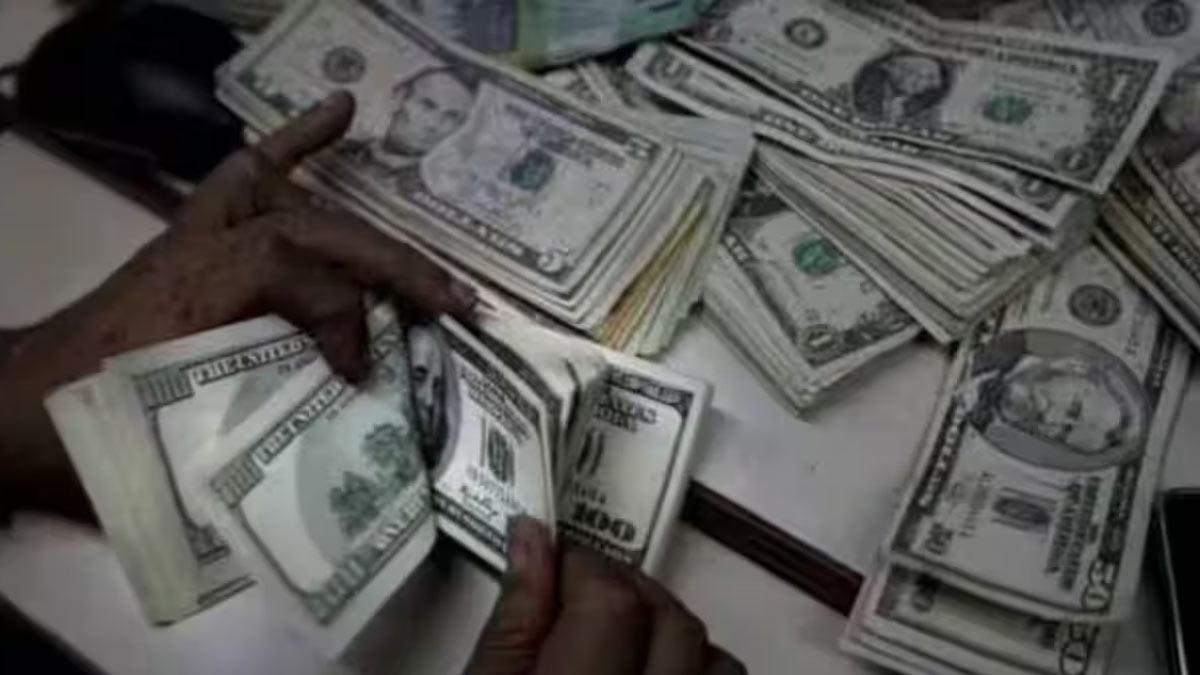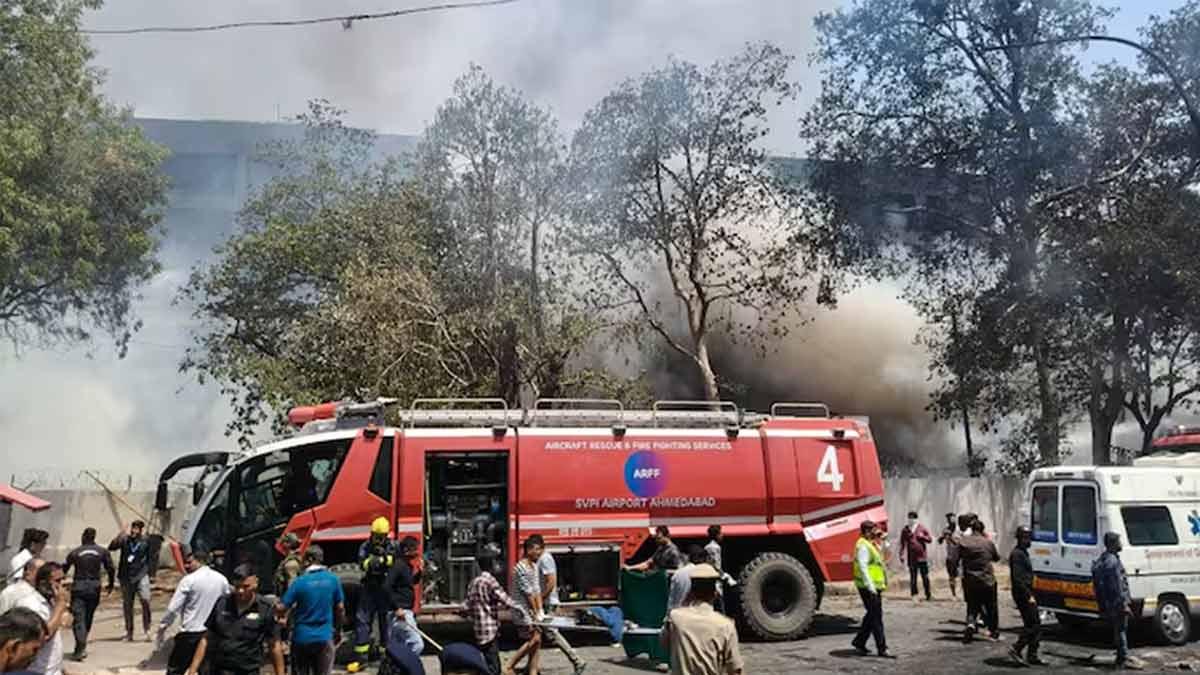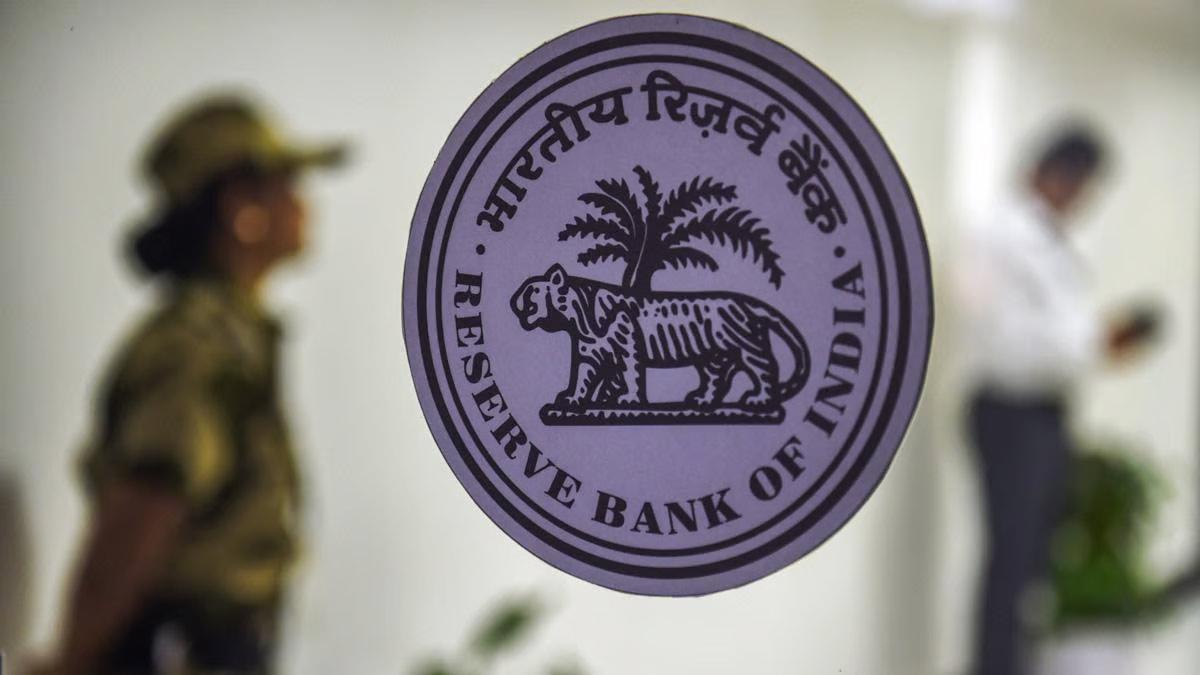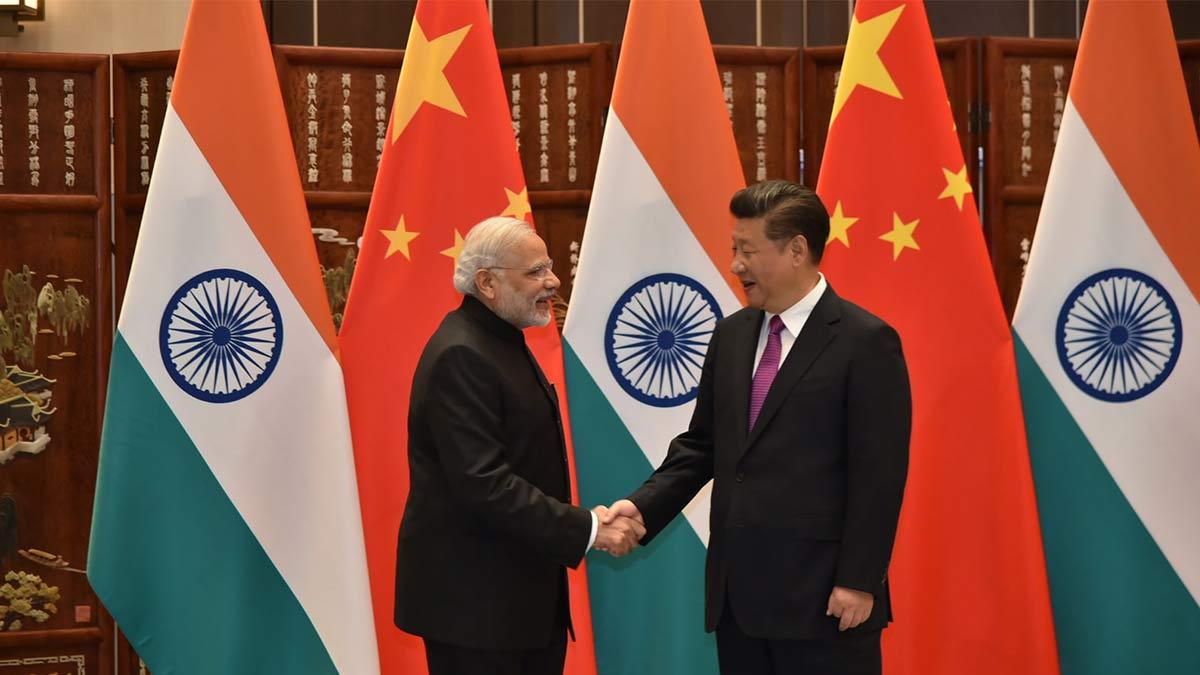On Wednesday, April 9, US President Donald Trump declared a 90-day pause in mutual tariffs for nations that have declined to retaliate with higher rates on American exports — a category that includes India. However, the tariff rate on Chinese products has been increased to 125% as a reaction to Beijing's retaliations.
India, which did not retaliate against the 26% duty imposed by Trump, has maintained trade talks with the US government. This is in line with the policy of almost 70 countries, which have also chosen negotiation over retaliation.
In a statement issued by India's Ministry of External Affairs, Indian External Affairs Minister S Jaishankar met with US Secretary of State Marco Rubio on April 7 to discuss the "early conclusion" of a bilateral trade agreement. The timing of Trump's tariff freeze and escalation against China comes after Beijing's retaliatory measures to a prior US tariff increase of 50%, on top of an earlier 34%, taking the total duty to 104%. China retaliated by increasing its own tariffs, leading to an overall 84% duty on American imports.
President Trump released a detailed explanation of his action on Truth Social, writing, "Based on the disrespect that China has shown to the world's markets, I am hereby increasing the Tariff levied on China by the United States of America to 125%, effective immediately." He also added, "On the other hand, and based on the fact that over 75 countries have invited representatives of the United States, including the Departments of Commerce, Treasury, and the USTR, to negotiate a solution to the matters being discussed in relation to Trade, Trade Barriers, Tariffs, Currency Manipulation, and Non Monetary Tariffs, and that these Countries have not, at my strong urging, retaliated in any way, shape, or form against the United States, I have approved a 90 day PAUSE, and a significantly reduced Reciprocal Tariff during this time, of 10 per cent, also effective immediately."
It is unclear whether imports from these non-retaliatory nations will be subject now to the lowered 10% tariff during the 90-day moratorium or if the originally announced rates will be suspended completely.
The US financial markets have seen significant volatility since the new tariff regime was introduced, with calls for a temporary reprieve from prominent individuals, such as investor Bill Ackman. President Trump has also faced opposition to his tariff strategy from within his own advisory group.
Perhaps most significantly, Tesla CEO Elon Musk publicly chastised the tariffs and engaged in a heated argument with Peter Navarro, one of Trump's leading trade advisors.
Read also| RBI Cuts 2025-26 GDP Growth Forecast to 6.5% Amid Rising Global Uncertainties
Read also| India offers a compelling growth opportunity for foreign banks, Says FM Sitharaman

